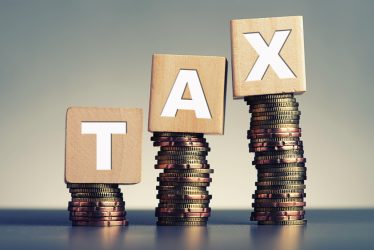
Since the autumn Budget, it is estimated that there are now one million people who will effectively face a 60 per cent tax rate on their income.
The current flaws in the tax system mean that if you are a mum or dad earning an income of £50,000 plus and then receive a pay rise, you won’t see much of it come through in your pay packet.
Following the recent Budget, the starting point for the 40 per cent higher-rate tax has increased for high earners from £46,350 to £50,000. This translates into a £860 cut in income tax, mitigated somewhat by higher national insurance contributions, meaning the real gain is actually only around £520 a year.
Mothers and fathers in the UK that are a parent earning over £50,000 could face a tax charge of one per cent of your child benefit for every £100 earned between £50,000 and £60,000.
If you have two children, then the total value of your child benefit is £1,790 a year. For every £1,000 you earn over the £50,000 threshold, you pay tax at 40 per cent or £400, plus you lose 10 per cent of your child benefit, £179. That is £579 in total or an effective tax rate of 57.9 per cent.
As a result of the Budget changes, a parent on £49,999 will pay a maximum 20 per cent income tax, but their marginal rate effectively jumps to 57.9 per cent when they pass over the £50,000 mark.
HM Revenue and Customs’ figures show that 3.3 per cent of employees in England currently earn £100,000 or more.
When an individual is earning over £100,000 of income, they start to lose their personal allowance by £1 for every £2 of income they earn over this threshold.
This works out at an effective rate of tax of 60 per cent. The increase in the personal allowance means the 60 per cent rate of tax remains in effect for longer than before, between £100,000 and £125,000.
However, there is a viable solution to combat the high tax rate. The Chancellor, unexpectedly, left tax relief on pension contributions alone, meaning high earners could make a substantial contribution to their pension pot and bring themselves back under the £100,000 mark.

